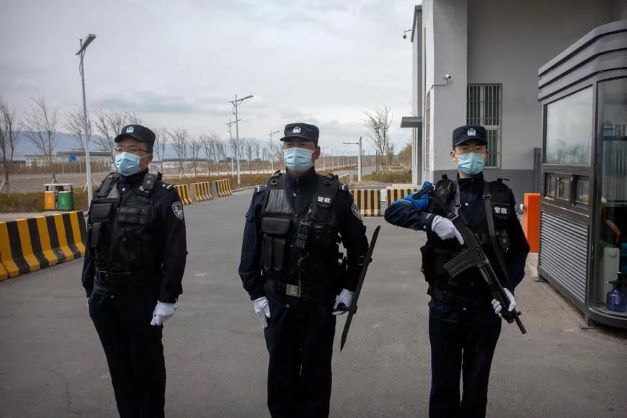China Director 
In just two sentences, the United Nations human rights chief signaled this week that time is up on the Chinese government’s attempts to evade international scrutiny for its sweeping human rights abuses. After noting possible areas of cooperation, High Commissioner for Human Rights Michelle Bachelet bluntly told the United Nations Human Rights Council: “I regret that I am not able to report progress on my efforts to seek meaningful access to the Xinjiang Uyghur Autonomous Region. In the meantime, my Office is finalising its assessment of the available information on allegations of serious human rights violations in that region with a view to making it public.”
This public commitment sends a strong message that no country is above international law. For nearly three years, Chinese authorities have stalled for time on Xinjiang, trying to defer, delay, or deny the UN meaningful access to a region where they are committing crimes against humanity—including torture, mass arbitrary detention, mass surveillance, cultural persecution, and family separations—against Uyghurs and other Turkic Muslims.
News about mass detentions began to trickle out of Xinjiang in 2017 but quickly became a tidal wave of evidence produced by academics, journalists, and human rights organizations.
Since the early 1990s, powerful actors gave Beijing many reasons to believe it would never be held accountable for its actions. Foreign governments held toothless bilateral human rights dialogues with Beijing, UN representatives participated in Chinese government-run forums on human rights, companies rarely took seriously their responsibilities to examine their business operations for abuses, and China will soon host another Olympics, all while Beijing’s repression has escalated.
But slowly change is beginning. Governments are imposing targeted sanctions on senior Chinese officials, including the United States imposing Magnitsky Act sanctions on Chen Quanguo, a senior Chinese Communist Party member responsible for abuses in Xinjiang. Several countries are considering tightening trade regulations to prevent products made by Uyghur forced labor from entering their markets. And growing numbers of civil society organizations and UN human rights experts have called for an international body to monitor rights violations by Chinese authorities.
Bachelet’s announcement is a critical step suggesting that Beijing’s reign of impunity might, at long last, be coming to an end.

